Pirates are powerful creatures within Magic: the Gathering, being able to form an excellent tribal in Commander and some other formats, in addition to having an old history outside the game - which we will also explore here: where they emerged, where they were successful, and how they became famous.
Rise of the Pirates
Pirates have always been considered great criminals—they would steal other ships, which was called piracy, and they would also steal coastal regions, which was called plunder. With these practices, they obtained power and riches, conquering other ships and increasing their fleet.
Ad
They really existed, they weren't mythological beings or the fruit of regional legends; they were human like all of us, and they existed for many years, mainly in Europe, being very common with pirate ships coming from the Netherlands, France, England and Denmark. It was not limited to just these regions, but these were the countries with the highest records of piracy.
Name Origin
The first to name the individuals who looted on ships and in villages near the sea were Homer, in Ancient Greece. The Greeks began to practice piracy against the Phoenicians and Assyrians as early as 735 BC, but even though they have ancient records, pirates became much more popular between the 16th and 18th centuries, as it was exactly at this time that there was a huge increase in the circulation of ships in the Atlantic Ocean, which brought a social mark to the pirates.
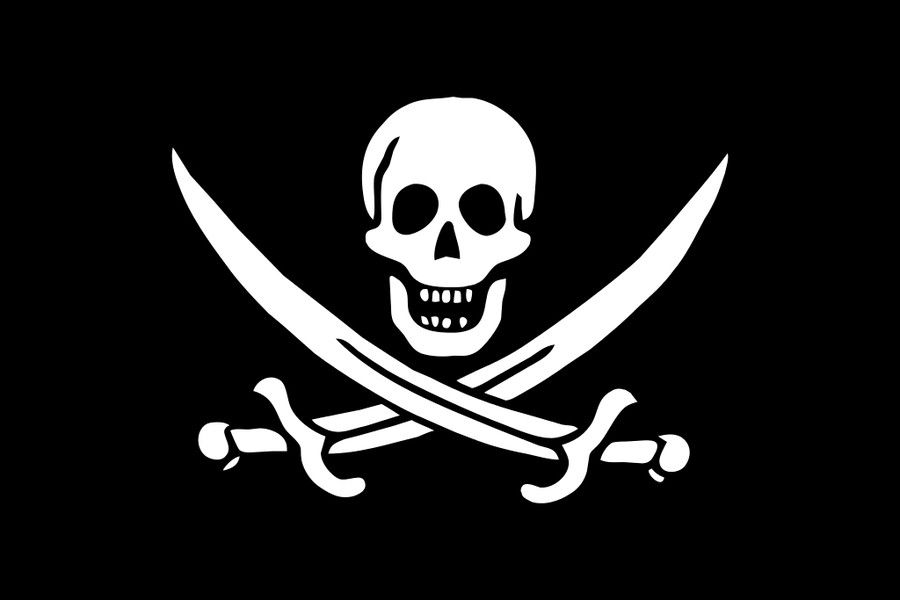
As we said, the pirates were mostly Europeans, and they mainly attacked the seas of the Atlantic Ocean, from the coast of Europe to the Caribbean, closer to the American continent, since in this route there was a lot of trade due to the discovery of the new continent and the invasion of Portuguese, English, Spanish and Dutch. Valuable goods such as gold, jewelry, food, food, weapons and even more valuable ships crossed the Atlantic. It was in this that the pirates saw the opportunity to enrich themselves and increase their power and fame.
In the beginning, pirates only attacked ships with gold and silver, which took many items from Europe to the Americas, in addition to the riches they discovered on the American continent, and took them to the countries of the settlers. But with the reputation of piracy, these ships of more valuable cargo began to be accompanied by warships as escorts, so the looters migrated to any other type of cargo they could use or sell.
Pirates generally acted on their own, not being loyal to a government or following other types of orders, but some received offers to attack cities in other countries, with the aim of weakening defenses, receiving rewards for these jobs. Of course, this work was not well regarded by most pirates, who were considered traitors to the piracy code.
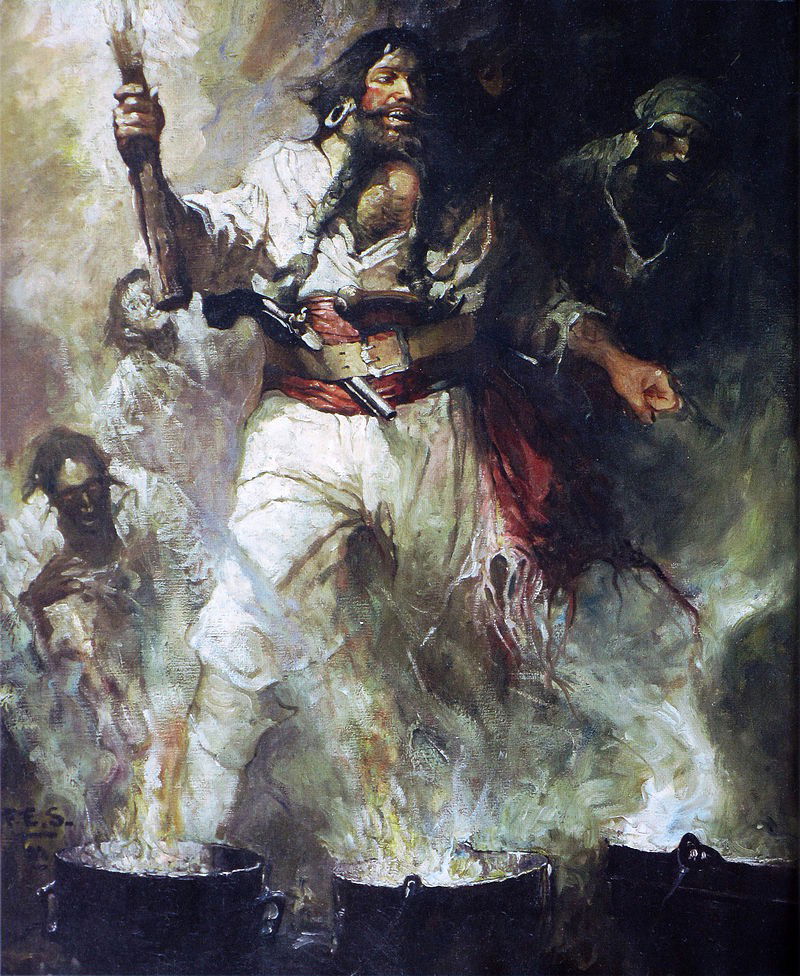
The best known pirate in history was the Englishman Edward Teach, the Blackbeard, who lived 38 years, two of them being the most feared of the seas. Despite what many believe, he was not a violent pirate, using force only when it was necessary, as the image of him alone was enough to instill fear wherever he and his crew arrived.
A curious fact about pirates is that they actually buried the treasures that were the result of their looting because the captain, if he lost his ship to another vessel, would not see their treasure in the hands of another captain — pirates were not murderers, they took prisoners and slaves. It was also common that when a ship was taken, its sailors served a new captain, and the old one, if he survived the looting, was not killed: he was thrown overboard or imprisoned. If he managed to get back from the sea somehow, this captain could go back where he left the hidden treasure.
Ad
The Pirates' history is incredibly rich, not limited only to the times and regions mentioned - of course in these regions they were best known and feared, but there were pirates still in the Middle East, Japan, North Africa, India, and even between the Vikings. So if you want to delve deeper, I suggest you to research about them.
Pirates at Cinema
The popularity of pirates was such that great cinematographic productions were made based on the stories and legends, and certainly the most famous movie is Pirates of the Caribbean, with Johnny Depp.
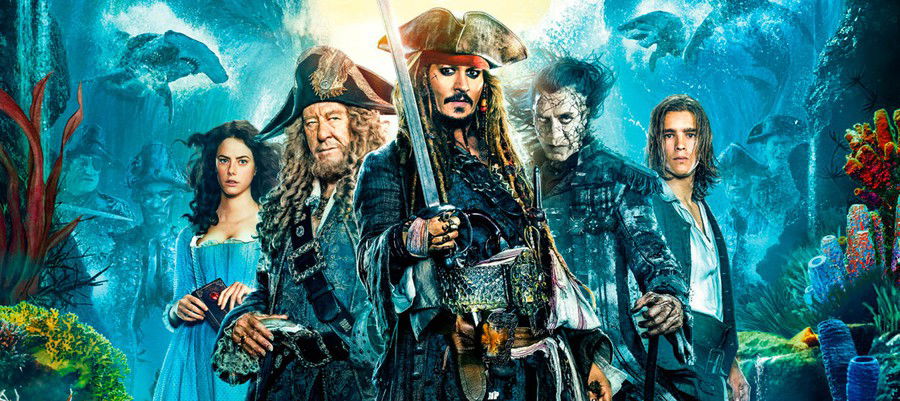
The film takes place in the city of Port Royal, which was located in what is now the city of Kingston, capital of Jamaica. At the time of the plot, the city was owned by the Spaniards, who were the most violent and implacable conquerors of Europe.
The sequel had five films and brought a bit of story about the pirates, even if it was fiction, but it brought the audience closer.
Another production that is still released and whose story revolves around pirates is the story of Captain Monkey D. Luffy, from the Japanese anime manga One Piece. The manga has more than a thousand chapters already released and follows the Straw Hat pirate Luffy and his crew on adventures full of battles and emotion.
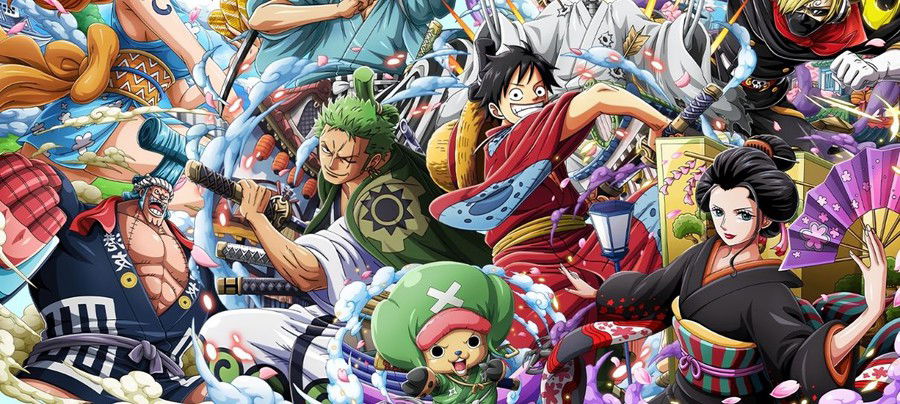
Pirates in Magic: The Gathering
Pirates are not part of the main plot of Magic's lore, but some of them have some importance within their planes - among them, Dominaria and Ixalan stand out, and although some pirates had a certain appearance in Kaladesh.
Important Pirates
In Magic, pirates are fighters who sail the seas and skies and plunder ships and port cities for riches and power. Among its organizations, the Brazen, The Thalakos and the Rishadan stand out.
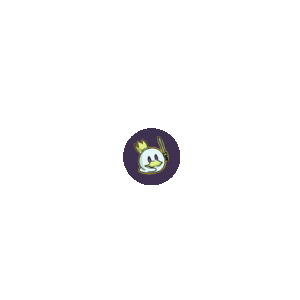
Some pirates are more notable in relation to others, such as Ramirez DePietro, who lived in the early -3000s AR, was a human, many years old, hailing from Dominaria, and plundering the seas of Jamuraa. Even after his death, he continued as a ghost, gathering crews still searching for wealth.

In Ixalan, the best known pirate is Admiral Beckett Brass, leader of the Brazen. She gained a great reputation as she was an excellent sword fighter, and mastered enchantment spells.
Her ship had a bronze figure at the bow, which was believed to be an ancient magic that protected the entire crew; with that, they always found and conquered the greatest treasures. Her ship was the envy of many other captains, as many of her sailors deserted trying to be part of the ship's crew with the bronze scourge.
After many years, the captain became an admiral and commanded a much-feared fleet of ships. Her reputation was so feared that many captains gave up their freedom in exchange for the safety of sailing under her flag.
Pirates Decklists
Ad
The first set to feature a pirate was Mirage, in 1996. The merchant subtype is now considered a pirate, too. In all, there are currently 116 pirate creatures. Most are blue, but black and red also have many of this creature type, with the most varied effects.
Modern
In Modern, there are a total of 77 pirate creatures, with emphasis on Ragavan, Nimble Pilferer, which reached the format through Modern Horizons 2, being considered one of the best additions in recent years and reaching very high monetary values.

Currently, Ragavan constitutes a top UR deck in the Metagame known as Izzet Murktide
Legacy
In Legacy, 115 of the 116 pirates creatures are legal, leaving out only Ragavan, Nimble Pilferer, a card that made decks that used it much faster than they already were, playing in virtually all decks that had access to red. It still spawned numerous new decks, and in some cases, decks that only had the color to have access to four Ragavans — so, even though it took a little longer than it should have, this rogue pirate was banned.
As in Modern, Legacy never had a really relevant Pirates deck to the point of being competitive or even appearing as a highlight in any major championship. This is probably due to the small number of creatures of this type available today.
Commander
For Commander, there are 115 legal pirates, and it's not that difficult to assemble a tribal, considering that these creatures are divided into only three colors, black, blue and red. Best of all, we have commander creatures available in exactly these colors, and a deck seems to assemble itself almost automatically.
With a lot of synergy between them, playing with pirates is always a good option. One card that draws attention, especially for popular combos in the format, is Malcolm, Keen-Eyed Navigator.
Standard
Standard doesn't currently have Pirates, but there have been times with creatures good enough to build an entire deck. It was only after the release of the Ixalan block, as in the two collections of the block there were great options from the tribe.
So decks in the Izzet and Grixis color combinations appeared in some local tournaments and even the top 8 of a PPTQ, in 2018.
Conclusion
Pirates, in and out of the game, are of great importance, whether in decks or in history, or by a feared Admiral. Of course, its history over the years is much longer than in Magic. However, we can find cards that have excellent and very synergistic effects, transforming decks and making them even stronger.
As said, pirates are a wonderful tribe, and it is very rewarding to play with them and also to learn more about their rich history.
Hope you enjoyed this article! If you want to know more about any tribe, leave it in the comments!
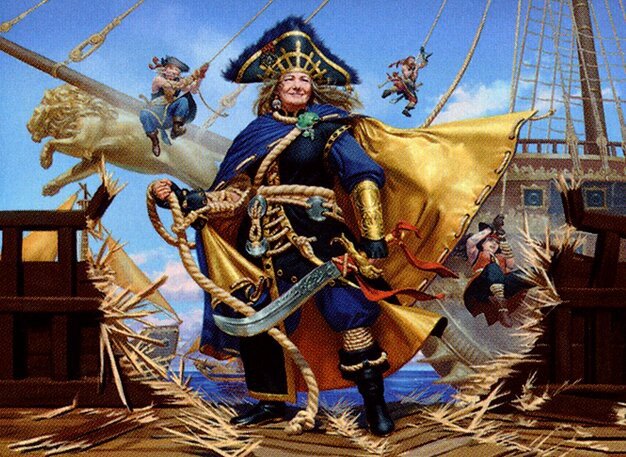
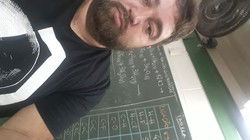


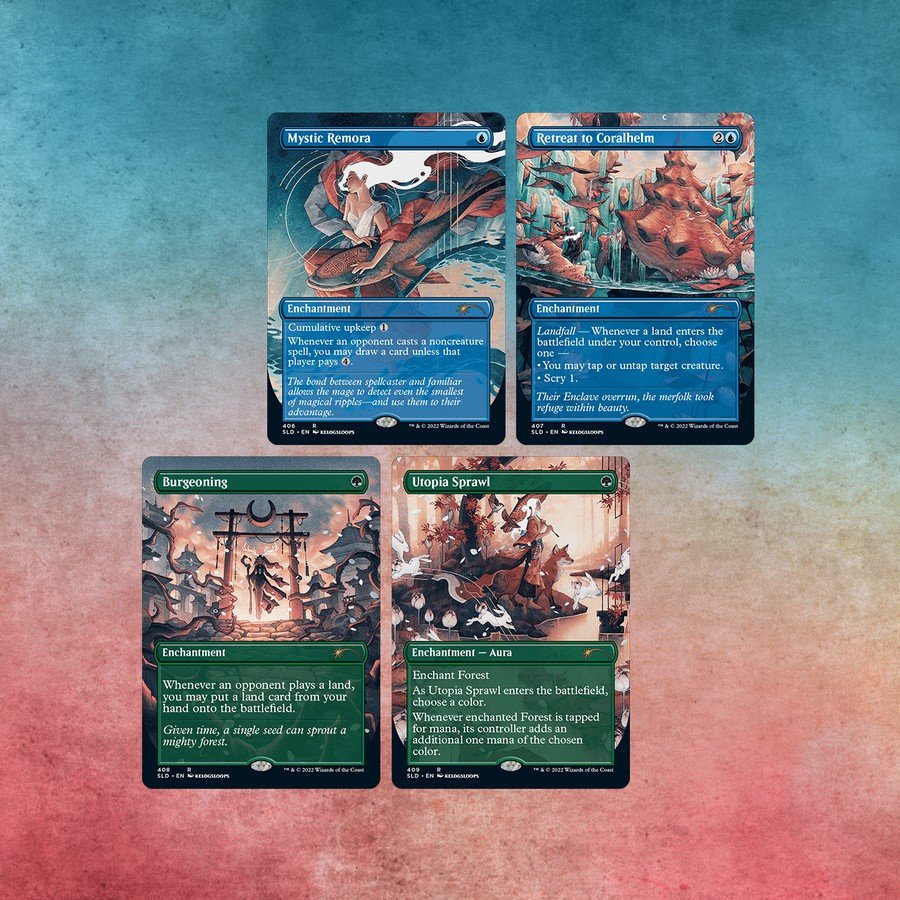
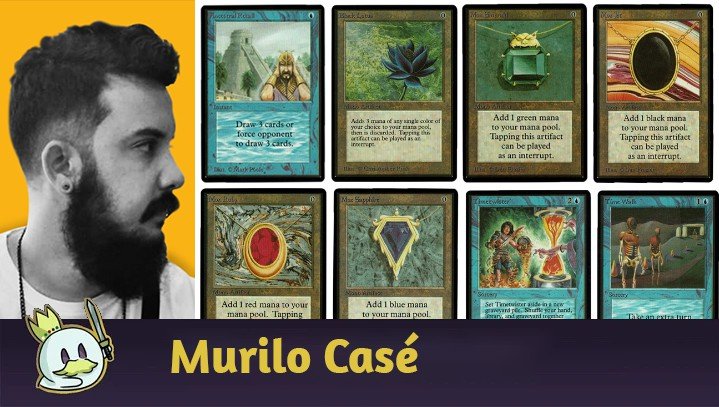

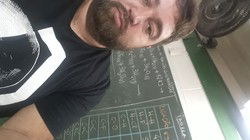
— Comments0
Be the first to comment